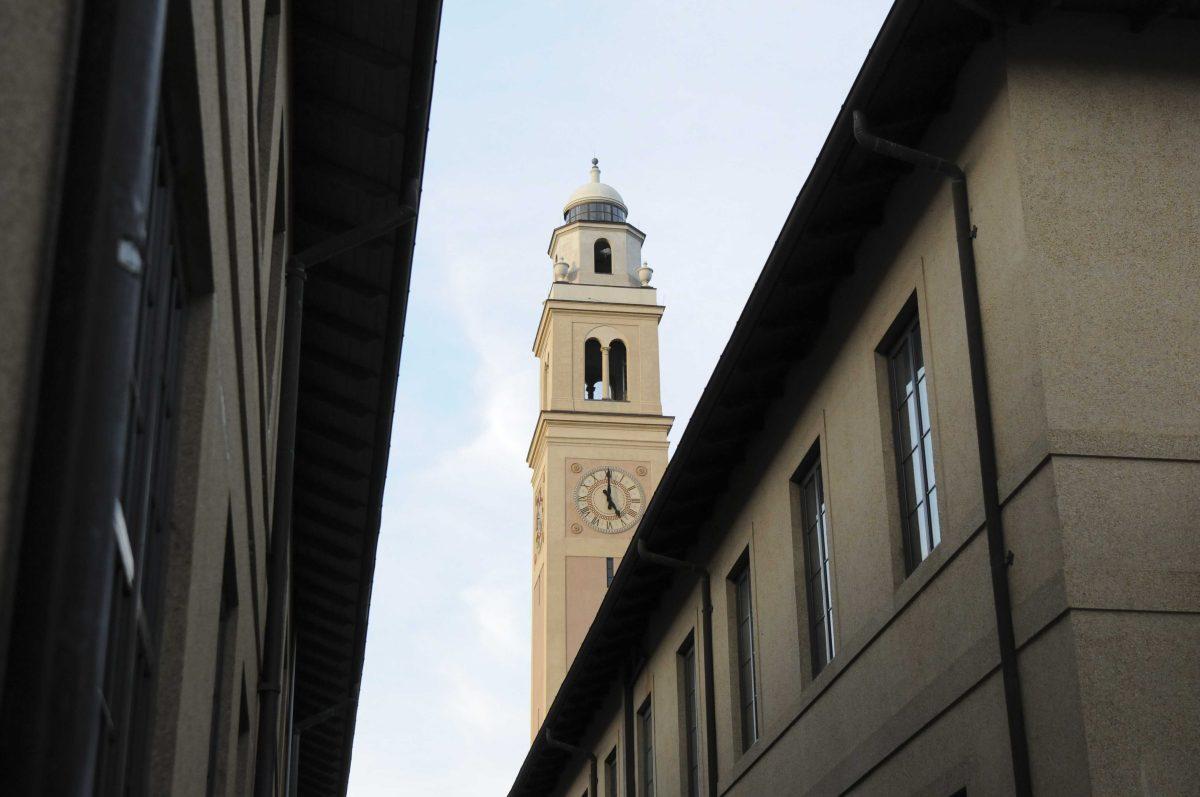The rising cost of tuition is theft, stealing an education from students and unrealized potential from our society.
LSU’s cost of tuition has increased over 109% since 2008, leaving many students to fall into debt or forgo college entirely.
Every American should have access to higher education without financial struggle. Rising tuition costs only widen the significant gap between the rich and poor. Without a degree, finding a high-paying job can be near impossible.
Workers with completed bachelor’s degrees make $1.2 million more throughout their careers than workers with only a high school diploma. Though a college degree has clear financial benefits, it requires many Americans to take a major risk by signing student loans.
“Tuition costs being outrageously expensive has really affected me,” political communications senior Merissa Butler said. “Every semester it gets more and more difficult to pay off my fee bill.”
Butler is an out-of-state student from Atlanta and one of the first in her family to attend college. Though she maintains high marks and has enough in scholarships to equal in-state tuition, paying for each semester is still a challenge.
“I have to go home and work every summer and winter break just so that I can afford to pay my college tuition for the semester,” Butler said. “I try to take out as little loans as possible, but for some semesters I had no choice. It can be a lot, and it’s exhausting.”
In-state tuition is around $12,000 a year, while out-of-state tuition is almost $30,000 a year. Factoring in needs such as housing and dining, in-state students pay almost $25,000 a year and out-of-state students almost $40,000 a year.
College debt is no joke. Like Butler, I am from Georgia, pay in-state tuition and have many scholarships and grants that help me. Still, I have accumulated thousands of dollars of student loans over my college career because my family is unable to offer me financial support.
Millions of students in America share my story, making mounting student debt one of this country’s worst financial crises. Student debt has surged over 144% in the past decade, burying students in $1.7 trillion of debt.
The university’s financial aid system is based primarily on merit, not student need. This hurts students who could not afford ACT or SAT prep-courses in high school or whose grades suffered because they had to work. Lower-income public schools are also poorly funded, which further disadvantages students who want to apply for merit-based scholarships.
The university is now allowing students to apply without ACT or SAT scores, but this was only a recent decision. And even with test-optional admission, higher-income students are still more likely to qualify for merit-based scholarships because they have more resources in high school and throughout the college application process than lower-income students.
Plummeting higher education funding is one of the main reasons tuition prices have surged over the past decade. But hope may be on the horizon for Louisiana students with Gov. John Bel Edwards’ recent budget proposal to invest millions of dollars into higher education. Increased federal and state investment in higher education would alleviate growing socio-economic divides and improve the lives of Americans.
After all, it’s not hard to imagine that society would be better if millions of citizens weren’t burdened with suffocating debt.
Kacey Buercklin is a 20-year-old political communications major from Gainesville, GA.





